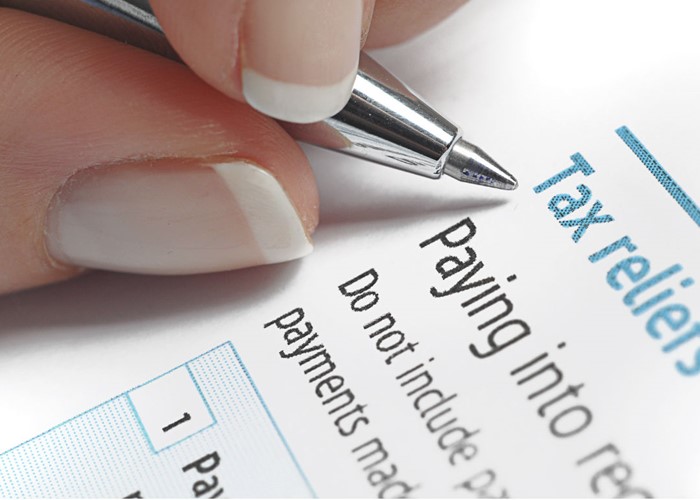The shocking truth about debt and mental health

Debt can take its toll on your mental health.
We’ve known for a long time how tightly linked debt and mental health are with one another. What can seem like endless phone calls from creditors, extortionate bank charges, a multitude of letters threatening court action and the constant menace of bailiffs at the door can take its toll on a person with debt problems.
Dealing with this constant barrage can erode a person’s mental health. Add in the delay between knowing about a debt problem and doing something about it - 45% of our clients wait over a year before finally getting advice - and eventually people’s resolve will start to crumble.
When you’re stressed you can go through a vast array of emotions, including anxiety, fear, anger, frustration and depression. These are common symptoms felt by people when they’re overwhelmed by their debt, symptoms that make it much harder to cope with everyday life, let alone financial worries.
One in four with mental health problems are in debt
When the mental health charity Mind launched its “Still in The Red” study in 2012, it revealed that one in four people with a mental health problem were struggling to keep their heads above water financially.
The study also claimed that, compared to those who weren’t, three times as many people suffering from mental illness were struggling with debt.
This is backed up by our own findings: last year we ran a survey asking our clients to describe in their own words how they felt before getting advice from us. The response was saddening but not a surprise. Feedback included:
“I wasn’t living my life. (I was) just going through the motions each day, even had terrible thoughts that it may be better if I wasn’t here.”
“I was in the deepest hole that I could not climb out of alone.”
“I believed the only option was to end it all.”
It seems that despair from debt can strike at any age. In 2011, a student named Toby Thorn took his own life. His suicide note, written on the back of a bank letter, suggests that stress caused by the £8,000 debt he had accrued in overdrafts and student loans fuelled his decision. While the coroner said it would be wrong to suggest Toby had killed himself simply because of his debt, it was believed to be a major contributory factor.
The 6.2 million lie
According to a survey by Prudential, one in ten of us in the UK – that’s 6.2 million people – are hiding debts from our partners, the people we’re meant to feel closest to. It’s no mystery as to why this is the case; 35% of people say their debt problems have weakened their relationship, or destroyed it altogether.
It’s small wonder then that 42% of people seeking debt advice have been prescribed medication by their doctor to help them cope.
Why should we care about your mental health?
We’ve seen time and time over that poor mental health can result in people spiralling into unimaginable debt, and that debt problems can cause mental health issues. It’s our belief that by tackling one, we can help alleviate the other.
That's why, as part of our partnership with the Mental Health Foundation, we took part in this year's Mental Health Awareness Week. We’ve launched a brand new section on our website called Debt in Mind, showing how debt and mental health are intrinsically linked, and that support is available for both.
We’ve also launched a debt stress infographic to show how debt can take its toll on a person’s state of mind. The statistics it reveals, including ones mentioned above, are shocking.
If you’re feeling the constant stress of debt, don’t become a statistic. We’re here to help. Our anonymous online debt advice tool Debt Remedy can not only provide a solution for you, but it can give you valuable tips on how to keep your mental wellbeing in check. And if your mental health is suffering, whether because of money or not, find out more on ways to cope from the Mental Health Foundation.
More on debt
Numbers struggling with payday loan debt doubles
Government seeks to secure debts against homes
Problem debt: will I ever be able to get a mortgage?
Where to get free debt advice
What to do if your children are in debt
Demand for debt help rockets
Self-employed suffering with double the debt of employed
Debt schemes that prey on those in need of help
What to do if your children are in debt
Comments
Be the first to comment
Do you want to comment on this article? You need to be signed in for this feature